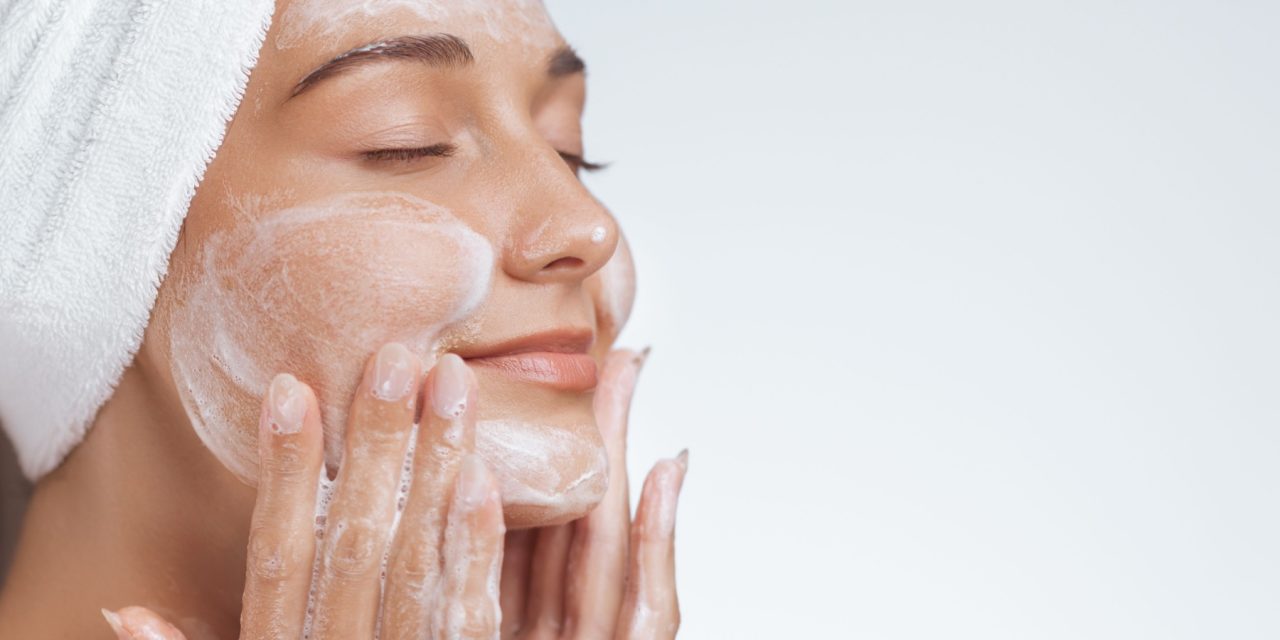In an era of viral beauty tips and influencer-driven trends, it can be difficult to separate skincare fact from fiction. Unfortunately, some common myths continue to circulate, leading to confusion and ineffective routines. This article addresses five of the most persistent skincare misconceptions, with science-backed explanations to help you make informed, effective choices.
1. Natural Ingredients Are Always Better
While the term “natural” often appeals to consumers seeking safer products, it’s important to note that natural does not always equal better, or even safer. According to dermatologists, many plant-based ingredients can be irritating or allergenic, particularly essential oils and citrus extracts.
Conversely, synthetic ingredients like glycerin or niacinamide are often more stable, consistent, and backed by clinical testing. When used properly, natural products can be effective. For example, face oils derived from jojoba, squalane, or rosehip seed can provide deep hydration and antioxidant support—especially when chosen according to your skin type and layered correctly in your routine.
2. Oily Skin Doesn’t Need Moisturizer
Skipping moisturizer is a common mistake for those with oily or acne-prone skin. In reality, a lack of hydration can prompt the skin to overcompensate by producing even more oil, ultimately worsening the issue. Dermatologists recommend using lightweight, non-comedogenic moisturizers that hydrate without clogging pores or causing breakouts. Ingredients like hyaluronic acid, glycerin, or gel-based formulations can help maintain skin balance, reduce excess shine, and support the skin barrier over time—without feeling heavy or greasy.
3. You Only Need SPF on Sunny Days
This myth has been widely debunked. UVA rays, which contribute to premature aging, hyperpigmentation, and skin damage, are present year-round and can easily penetrate through clouds and glass. That means your skin is exposed even when you’re indoors or driving. Daily SPF use is essential, even during winter or overcast days. The Skin Cancer Foundation recommends applying a broad-spectrum sunscreen with SPF 30 or higher every morning and reapplying every two hours during prolonged outdoor exposure to ensure consistent protection.
4. More Steps = Better Skin
A complicated routine isn’t always a better one. In fact, layering too many products, especially those with overlapping active ingredients, can disrupt your skin barrier and lead to irritation. Skincare shoppers are increasingly embracing a ‘less-is-more’ philosophy, prioritizing minimalist routines that focus on a few targeted, multi-functional products. This shift gained momentum during the pandemic, with 29% of women switching to simpler routines and multifunctional formulas as they spent less time on their skincare. This streamlined approach, often referred to as “skinimalism,” is expected to continue as consumers look for effective yet efficient routines in the face of inflation and busy lifestyles.










